Big, Small, Or Teacup-Sized? A Guide To The Different Types Of Poodles

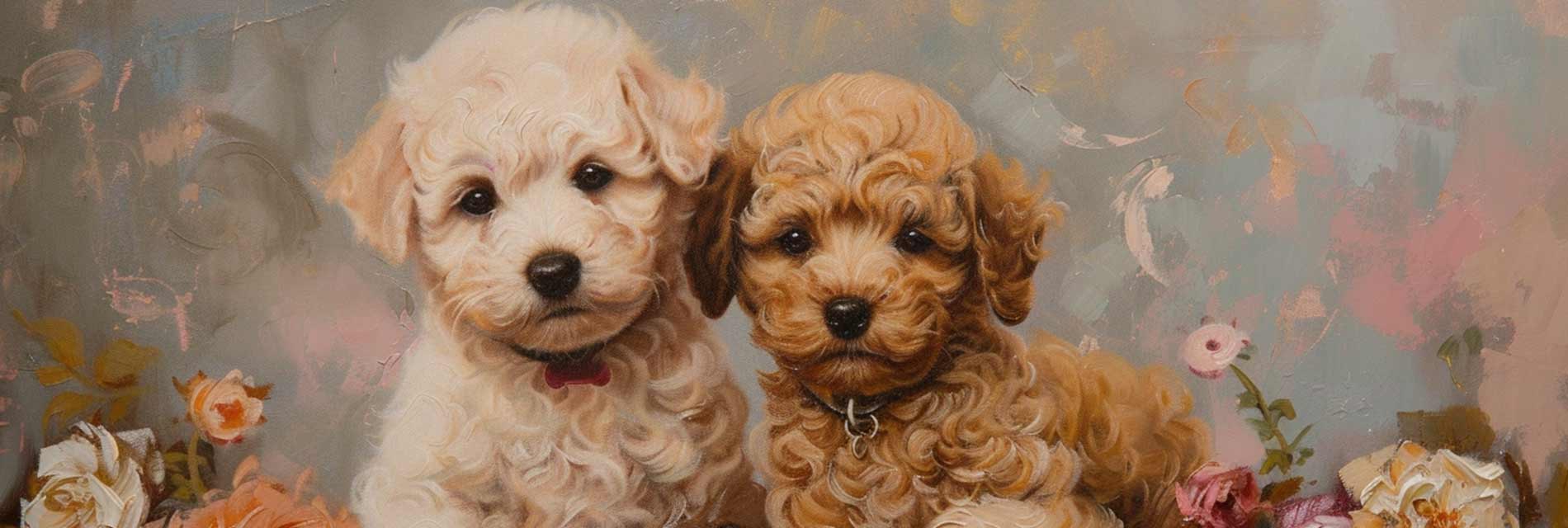
Poodles are a popular breed of dog that has been around for centuries. They are known for their intelligence, playful personality, and unique coats that come in a variety of colors and textures.
Poodles are also highly adaptable and make great companions for people of all ages. In this article, we will discuss the different types of Poodle dogs and how to take care of them to ensure they live long, healthy, and happy lives.
Types of Poodle Dogs
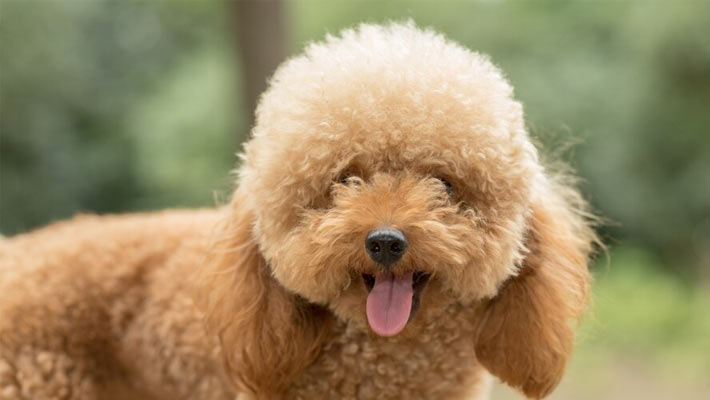
Poodles come in three different sizes: Toy, Miniature, and Standard. Each size has its own unique characteristics, but they all share the same playful and loving nature.
1. Toy Poodle
The Toy Poodle is the smallest of the Poodle breeds, standing at less than 10 inches tall and weighing between 4-6 pounds. Despite their small size, they are full of energy and make excellent companions for apartment dwellers or those with limited space.
Toy Poodles have a long, lean body and a curly, medium-length coat. They come in a variety of colors, such as black, white, brown, and apricot. Their beautiful coat needs regular grooming for preventing matting. Alos, it will keep your dog looking healthy.
2. Miniature Poodle
This breed is slightly larger than the Toy Poodle, standing at 10-15 inches tall and weighing between 10-15 pounds. They are still small enough to be considered a lap dog, but they have a more athletic build and are known for their agility and intelligence.
Miniature Poodles have a dense, curly coat that can be groomed into various stylish cuts. They come in the same colors as Toy Poodles and require regular grooming to maintain their coat’s health and appearance.
3. Standard Poodle
The Standard Poodle is the largest of the Poodle breeds, standing at 15 inches or taller and weighing between 45-70 pounds. They were originally bred as water retrievers and are known for their athleticism and hunting abilities.
Standard Poodles have a lean, muscular body and a dense, curly coat. They come in the same colors as Toy and Miniature Poodles, but their coat is typically longer and require more grooming to keep them free of mats and tangles.
How to Take Care of a Poodle Dog?
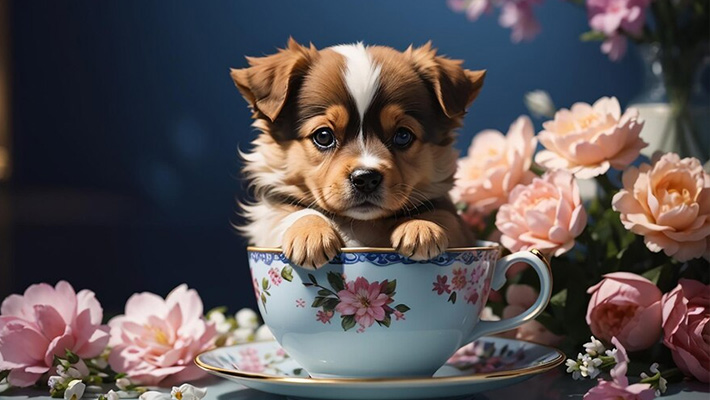
Taking care of a Poodle dog requires time, effort, and dedication. They are highly intelligent and thrive when given proper care and attention. Here are some tips on how to take care of a Poodle dog to ensure they live a happy and healthy life.
Grooming
All Poodle breeds have a dense, curly coat that requires regular grooming to prevent matting and keep it looking healthy. Grooming should start at an early age to get your Poodle used to the process. You can either groom them at home or take them to a professional groomer every 4 to 6 weeks.
Grooming a Poodle involves brushing, bathing, and haircuts. You will need to brush their coat daily to prevent tangles and mats from forming. Bathing should be done every 2-3 weeks or as needed, using a mild shampoo formulated for dogs. Poodles also require haircuts to keep their coat at a manageable length. The type of haircut you choose will depend on your Poodle’s size and your personal preference.
Exercise
Poodles are energetic dogs that require regular exercise to stay physically and mentally stimulated. They love to play and need daily walks or runs to keep them in shape. The amount of exercise a Poodle needs will depend on their size and activity level.
Toy and Miniature Poodles will do well with a short walk or a game of fetch, while Standard Poodles will need more intense exercise, such as running or hiking. It is important to provide your Poodle with enough exercise to prevent them from becoming bored, which can lead to destructive behavior.
Training and Socialization
Poodles are highly intelligent and respond well to training. It is important to start training your Poodle at an early age to establish good behavior and obedience. Positive reinforcement techniques, such as treats and praise, work best with Poodles.
Socialization is also crucial for Poodles, especially if you want them to get along with other pets and people. Expose your Poodle to different environments, people, and animals to help them become well-rounded and friendly dogs.
Nutrition
A nutritious diet is essential for the health and well-being of your Poodle. It is important to choose a high-quality dog food that is specifically formulated for their size and activity level. Toy Poodles may require a smaller kibble size, while Standard Poodles may need larger kibble to prevent choking.
Poodles are prone to obesity, so it is important not to overfeed them and to monitor their food intake. Treats should also be given in moderation and should not make up more than 10% of their daily calorie intake.
Regular Vet Check-Ups
Regular visits to the vet are important for any dog, but it is especially crucial for Poodles. They are prone to certain health conditions, such as hip dysplasia, progressive retinal atrophy, and Addison’s disease. Taking your Poodle to the vet for regular check-ups can help detect any health issues early on and provide appropriate treatment.
In addition to regular check-ups, it is also important to keep up with your Poodle’s vaccinations and parasite prevention. This will help protect them from common diseases and parasites that can be harmful to their health.
Wrapping Up
Poodles are versatile and highly adaptable breed of dog that makes great companions for all types of families. They come in three different sizes, each with their own unique characteristics, but all share the same intelligence and loving nature.
To ensure your Poodle lives a happy and healthy life, it is important to provide them with proper grooming, exercise, training, nutrition, and regular vet check-ups. With the right care, your Poodle will be a loyal and loving companion for many years to come.
Read Also:






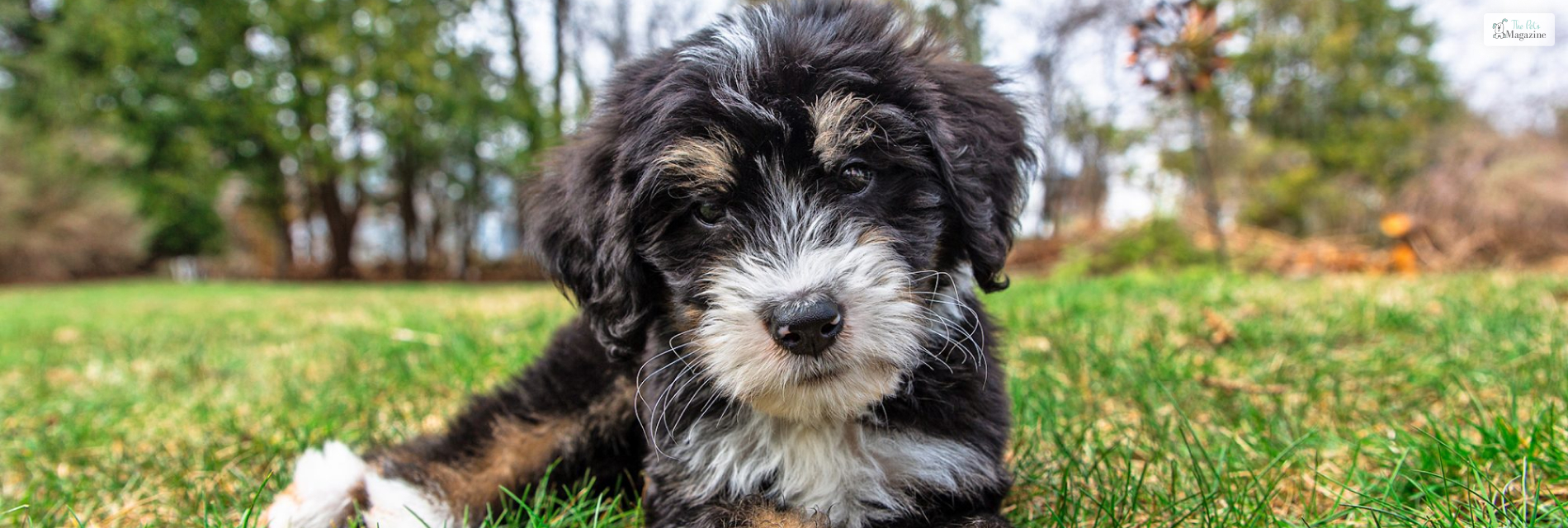

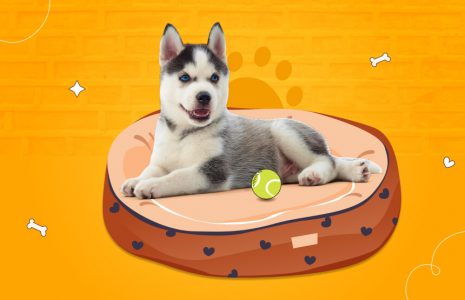
Leave A Comment